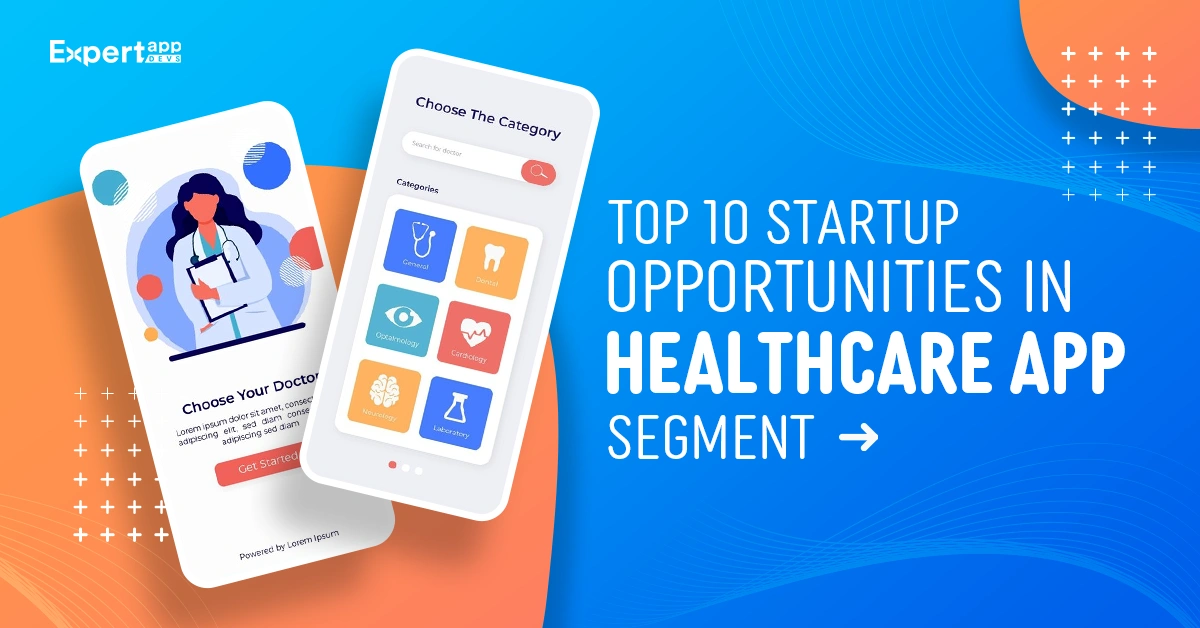10 Best Healthcare App Development Ideas for Startups
The rapidly evolving technology landscape combined with shifting customer mindset and tech innovation has revolutionized the healthcare industry. At the forefront of the industry is personalized care and accessible services, which have led to an increasing demand for cutting edge solutions.
As we step into 2024, we note that it is one of the biggest markets with an estimated revenue of $32.42 billion. As more patients demand improved care and admins seek better operations, you must think of future-proof solutions that give wings to both demands.
The mhealth solutions have reached its peak, yet there is an opportunity for everyone to build their applications. If you have an idea that you believe will result in a strong user base, now is the time to make it real.
However, if you are still looking for ideas that can help you with the next mhealth project, you have come to the right place. These healthcare app development ideas will help you build a unique concept that can help you convert your piece into an application.
#1. IoT Apps for Elderly Care
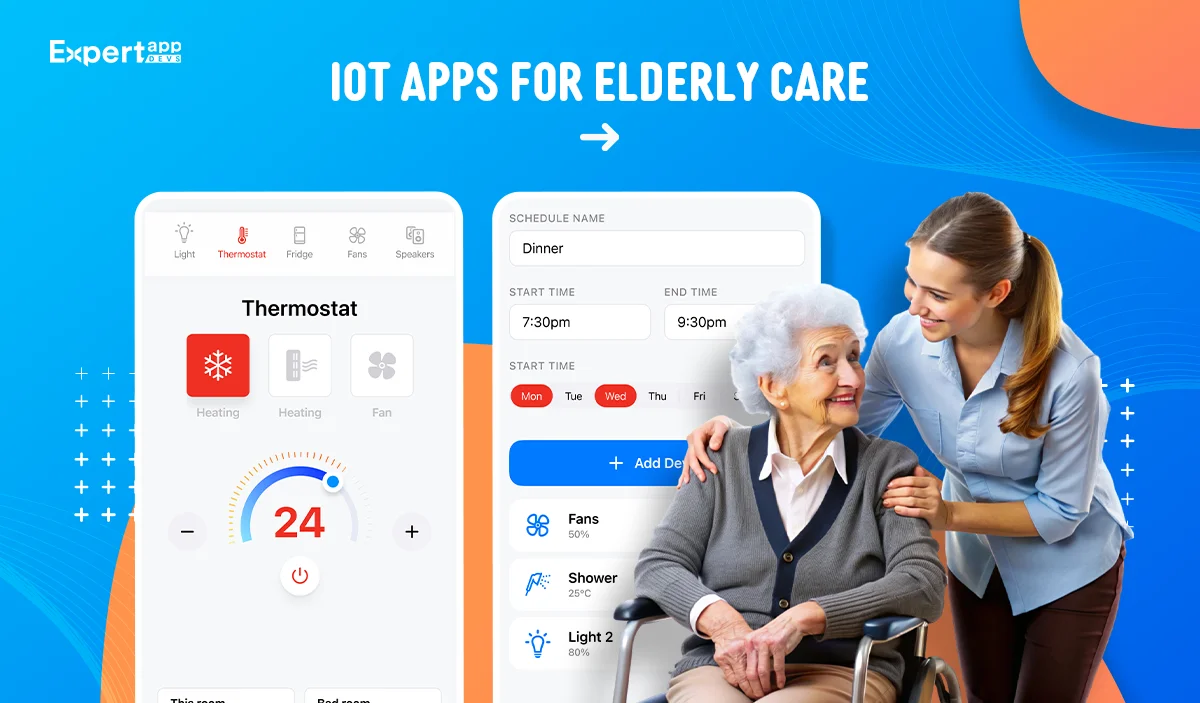
By developing IoT apps for elderly care, you will address the increasing need among senior citizens to live independently with safety. The apps can connect the wearable devices with sensors that can help the caregivers monitor the patient’s health in real-time.
Whether the vitals are irregular or the patient needs to consume medications, these apps will help them in every way. With their proactive and remote caregiving abilities, this is a brilliant application for you to develop.
Several top players, including Philips and Kinesis, have already taken charge of this landscape and developed their apps. However, you can use the gaps that exist as opportunities to build on this idea. Currently, the landscape needs better connectivity and responsible care in rural areas.
You can think through these and other gaps to serve the segment with a powerful application that would help the senior citizens and improve their life.
#2. Mental Health Care Apps
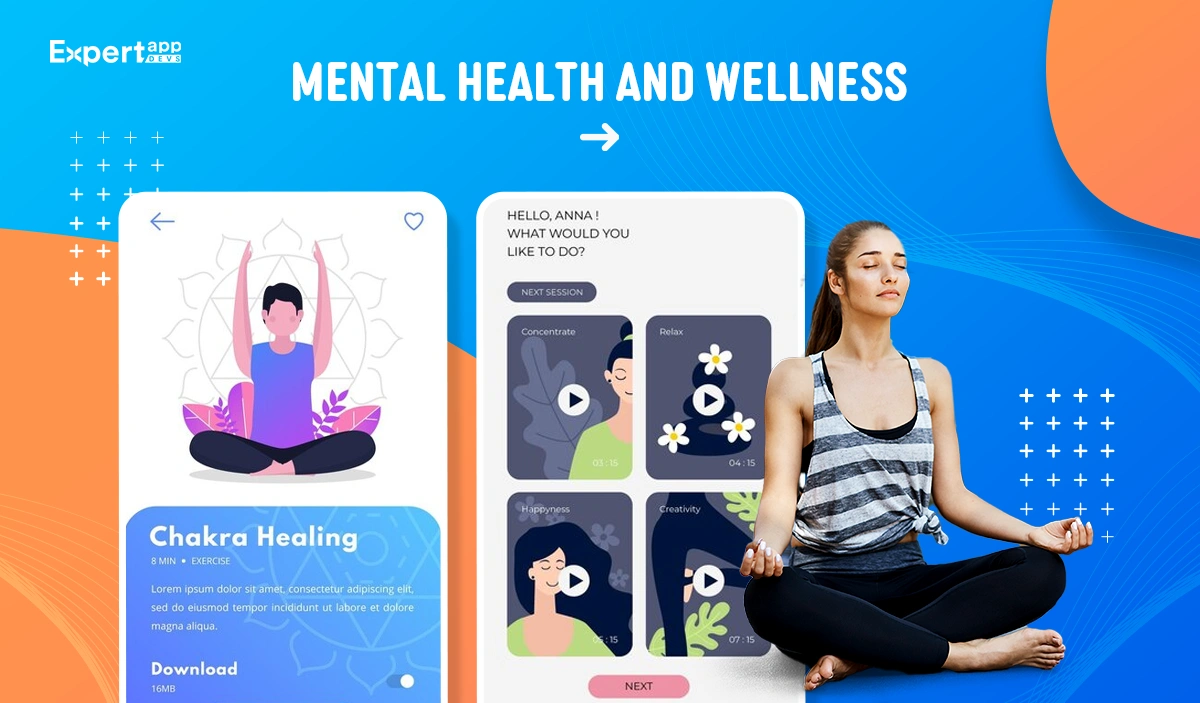
Mental health care has become a priority case in the healthcare niche. Several players are already occupying this space with their mindfulness or meditation apps. There are licensed therapists ready to connect with potential patients over these applications.
The apps are able to reduce stress, eliminate anxiety and even help patients with depression to carry out their daily lives. There are therapy apps, Cognitive Behavioural therapy solutions and others that are raging on the market. Calm and Headspace are currently ruling this market with their brilliant apps.
But, the market is still nascent and there are fewer players operational. Moreover, there is a lack of personalized solutions in this segment. You can utilize the opportunities of integrating the latest technologies like AI to personalize the care and improve the recommendations.
You can win more market share by prioritizing data privacy and the overall reliability of these apps for your users.
#3. Pharmacy Delivery App
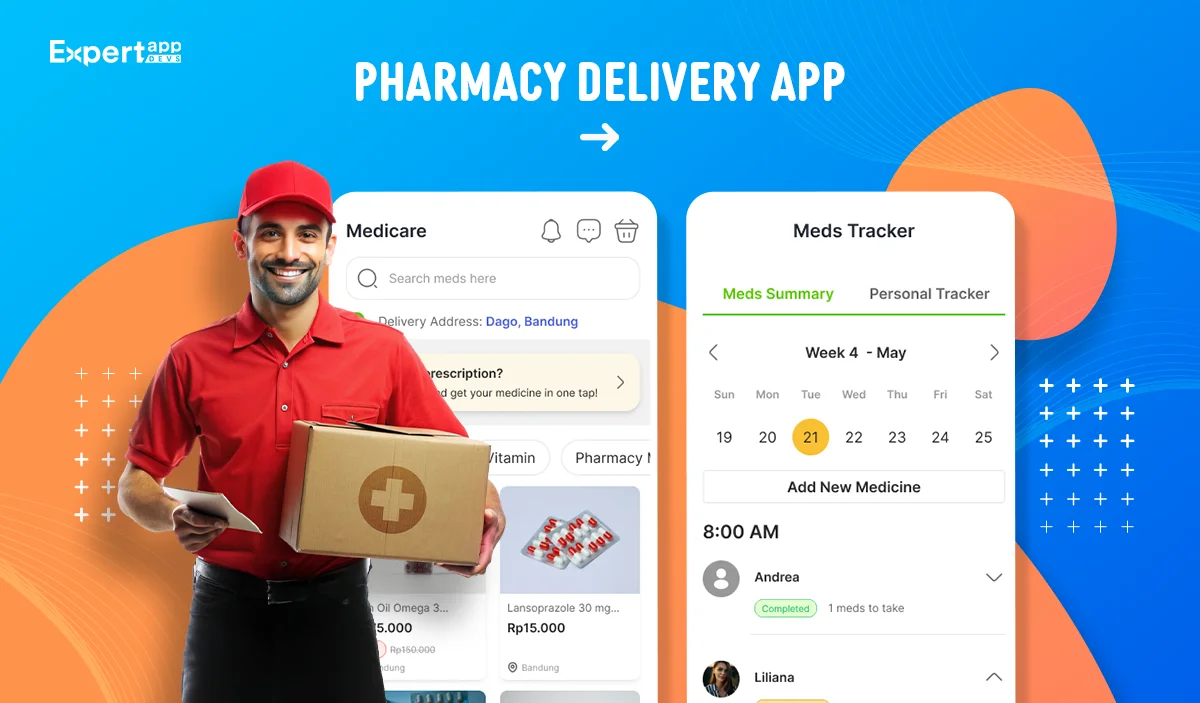
In this marketplace driven by convenience, it was only a matter of time before essential medications arrived at your doorstep. With 2-hour delivery applications and diverse choices, the pharmacy apps are ruling the roost.
Your users can get their medicines delivered before the end of the day with just a touch. These apps work great for those with chronic conditions or mobility issues. It ensures that the patients get their treatment on time and the medication is hassle-free.
Pillpack by Amazon has recently gained traction with its auto-fill reminders and personalized packaging. However, there are a few gaps in the industry. For one, if you could integrate telemedicine consultations with pharmacy orders, you don’t need to upload separate prescriptions. This can be a great addition for your users.
Secure management of prescriptions is another gap that hasn’t been completely addressed. You can use these expansion opportunities to thrive in the market.
#4. EHR/EMR Software
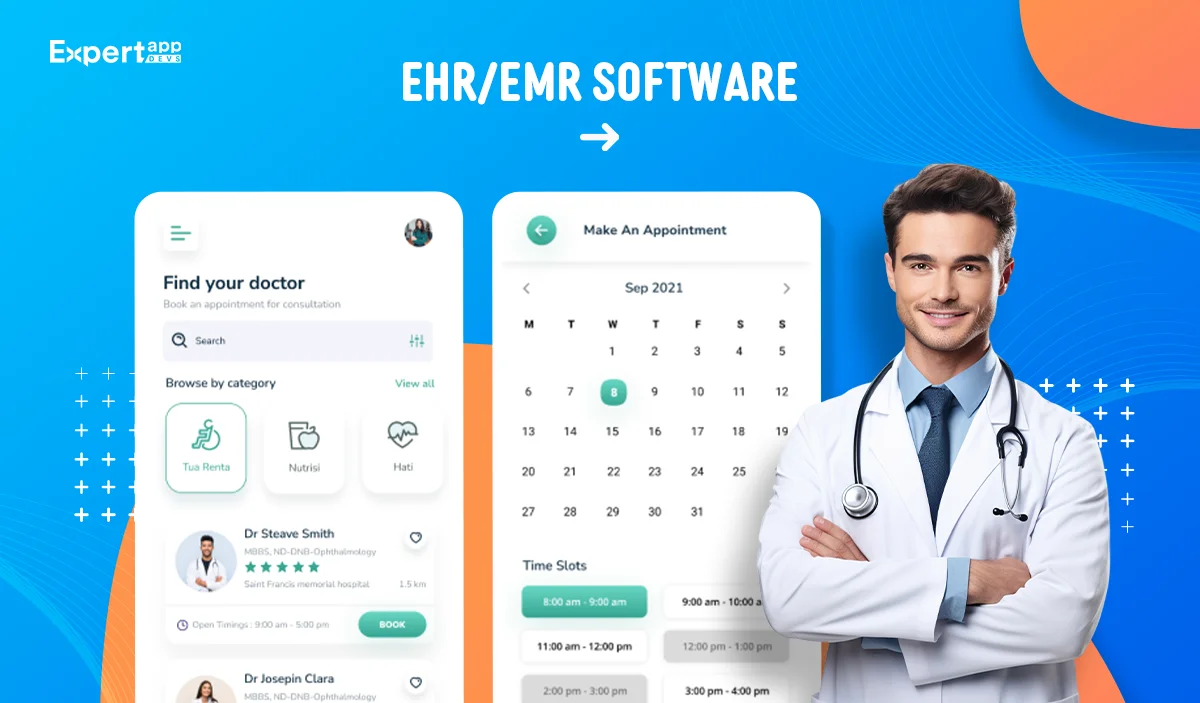
Electronic health records are transforming how healthcare organizations can manage their patient records. It makes them accessible and secure. Moreover, these records are easy to manage with these EHR systems.
They have not only streamlined the clinical workflows but also allowed your users to track their patient’s history and medications. If the patient wants to change their doctor, the software allows them to share precise information in real-time.
Epic Systems is one such software provider that has been dominating this industry. There are currently gaps related to interoperability between platforms. Moreover, the data sharing between hospitals is also not very seamless.
As a startup, you can focus on these gaps to create your EMR software. You can also use current technologies, such as AI and ML to boost the applications and ensure better reliability. It can also help you make patient care efficient and effective in the long run.
#5. AI-based Disease Symptom Detector
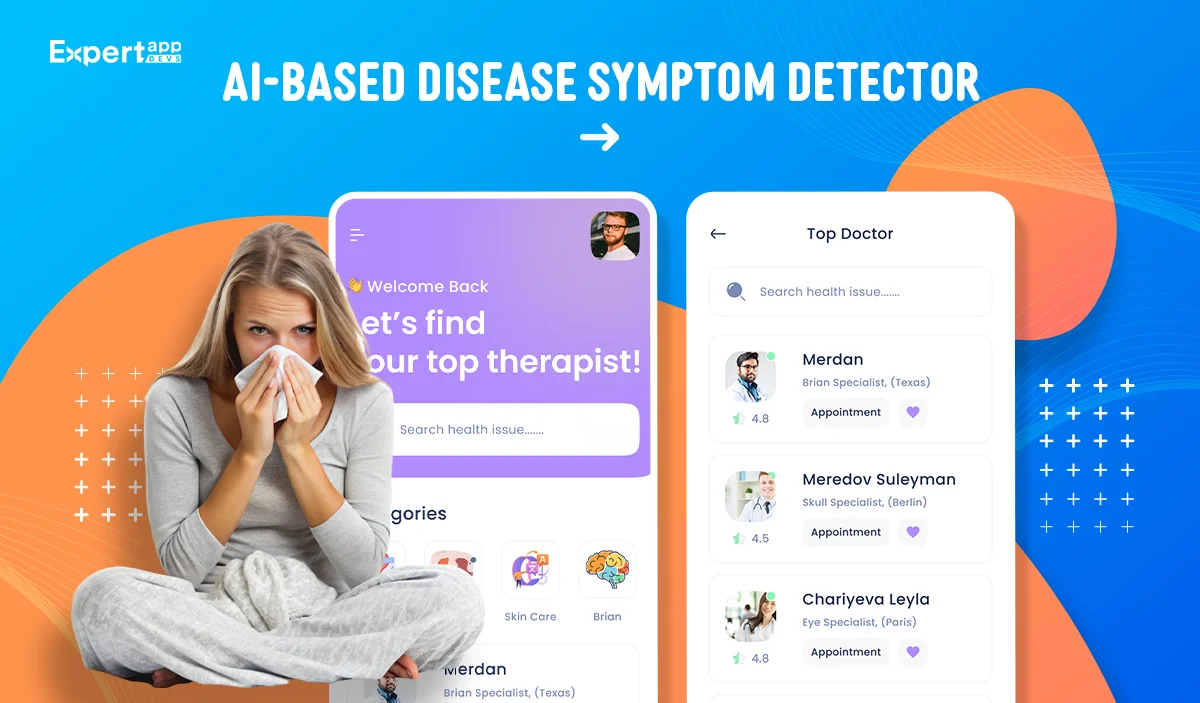
If your users didn’t know what their symptoms meant, it could lead to late diagnosis. AI-based disease symptom detectors can help your users know their symptoms, understand the diagnosis and get complete details on the further course of action.
The potential diagnosis can tell them if they need to consult someone. It also gives them a quick view into the health insights and helps them intervene at an early stage. Ada is a symptom detector that offers a complete understanding of the diagnosis.
However, the current apps in this landscape aren’t too efficient and don’t offer complete accuracy. Moreover, they may not address the rare diseases and there are fewer people trusting these devices.
You can use these gaps to tailor your applications and ensure precision-driven insights.
#6. Online Healthcare Marketplace
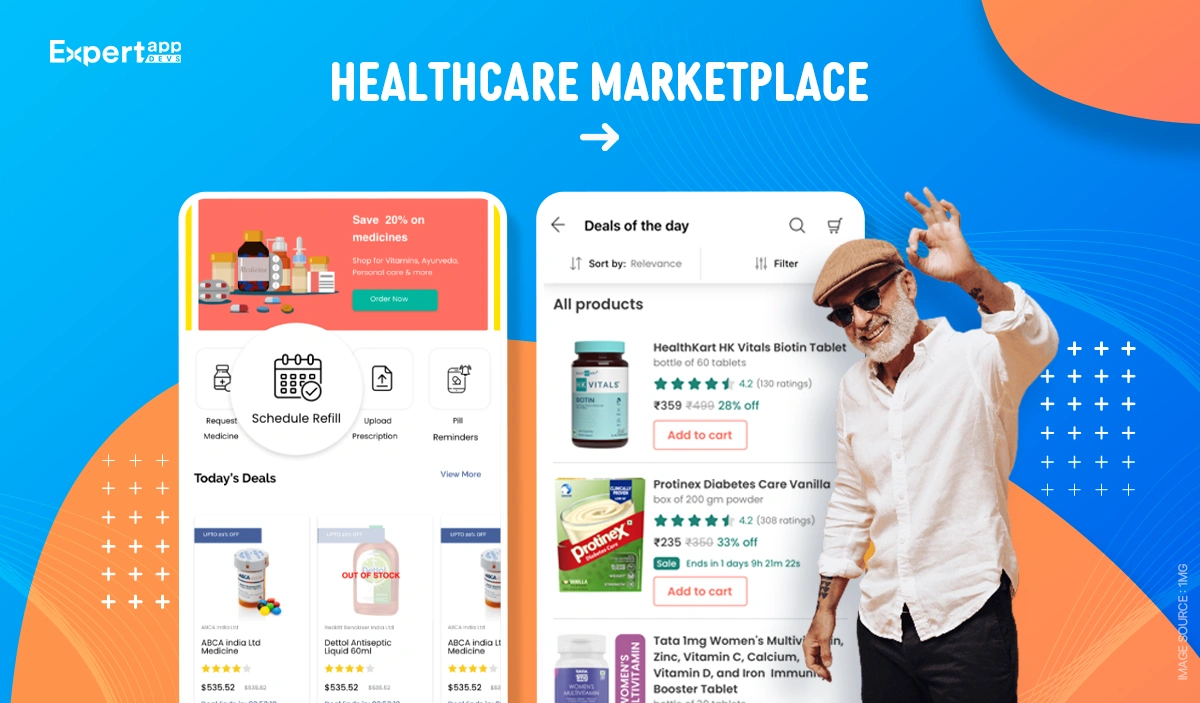
With the online healthcare marketplace, you can connect patients with healthcare providers and other services. It has become a unified platform where patients can book their appointments and find specialists. Moreover, they can access all the telemedicine services in the convenience of their homes.
These platforms have simplified healthcare experiences significantly, making it more accessible and efficient. There are platforms like Practo and Zocdoc, which allow users to compare the providers, read the reviews and make informed choices.
Despite the best running platforms, there are gaps that you must know and take into consideration when building your app. These apps don’t integrate with insurance providers, which makes claim processing a tedious task. Moreover, they lack accessibility in rural areas.
You can capitalize on these gaps to build a defined application that your users will love. It is important to make the apps user-friendly and interactive for the patients to enjoy retention.
#7. AR/VR Surgical Training Application
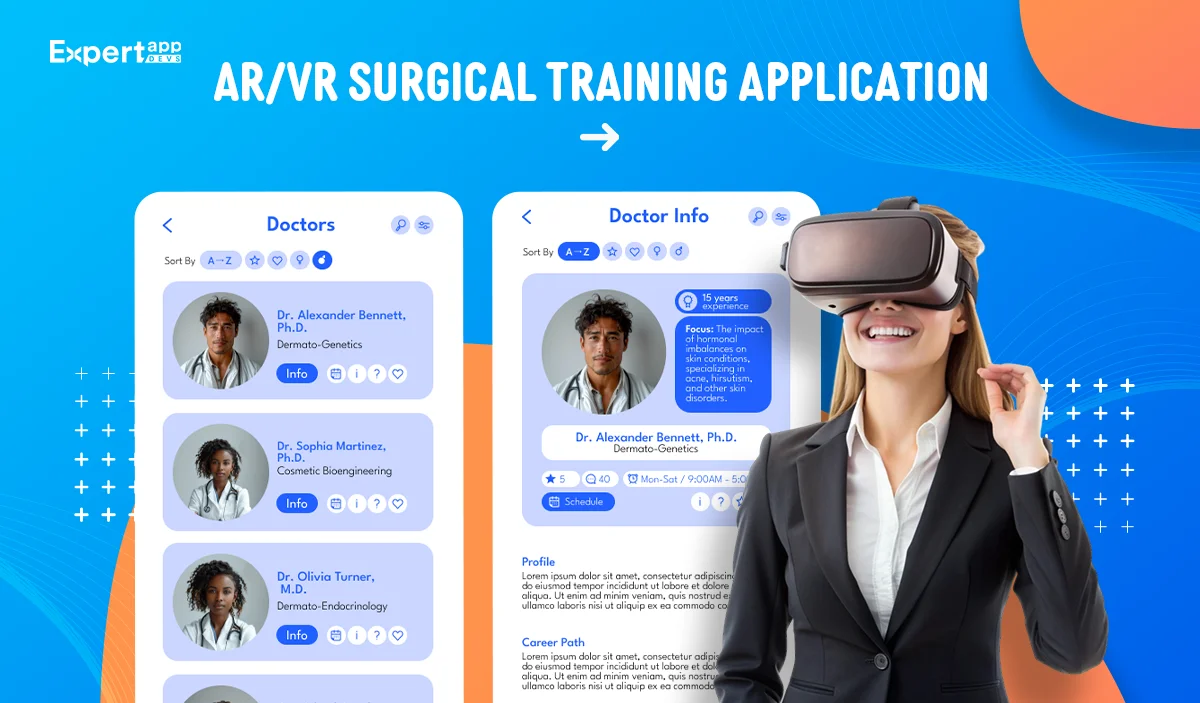
Surgical training applications are growing and they transform how medical students learn to conduct surgeries. These apps offer in-depth hands-on training in a virtual environment. The students can simulate the surgeries and practice the techniques without putting anyone’s life in danger.
Moreover, they can study complex anatomy in great detail using these applications. using AR/VR, these apps offer precision-driven and low-cost training solutions. Osso VR is one such application that extends simulations for surgical training. Despite the increasing need and growing number of apps, there are gaps in the training content. Moreover, they don’t integrate well with the traditional medical curriculum.
You can incorporate diverse surgical simulations and personalize the learning path with your app. You can also provide the students with real-time feedback to improve their learning abilities.
#8. VR-based Therapy Platform
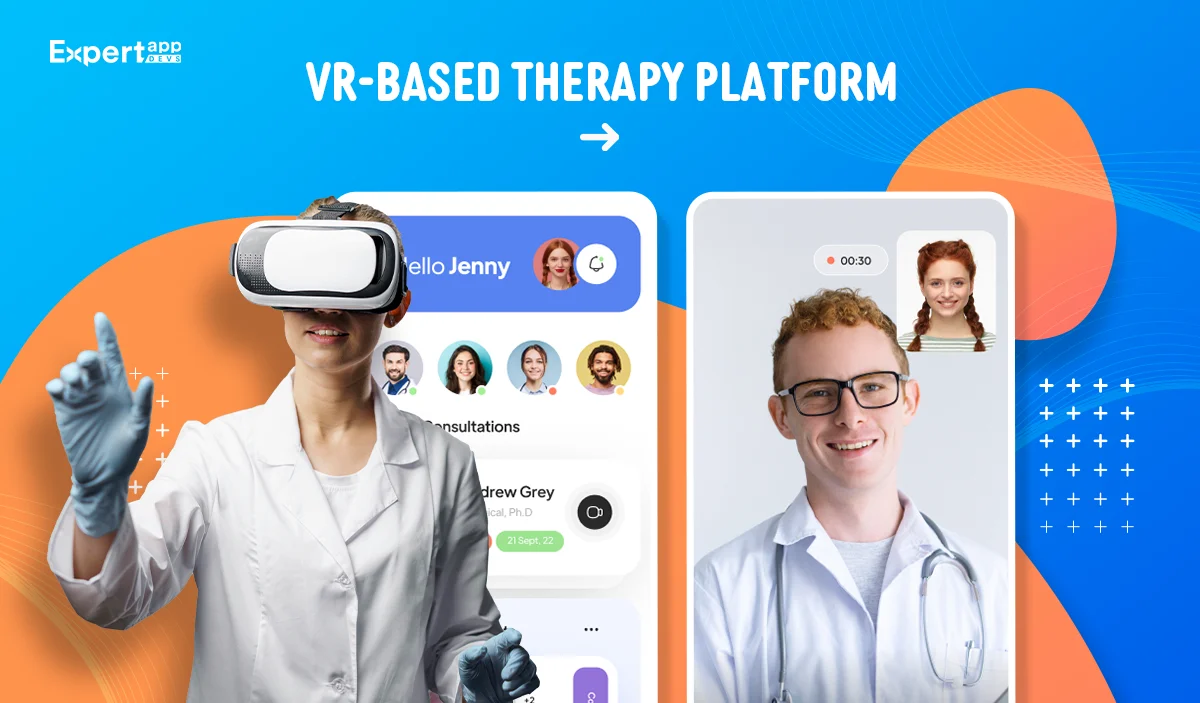
We saw how online therapy is gaining importance. You can also extend this idea into a VR application so that the users get the feeling of real-life therapy centers in the virtual environment.
Using these platforms, users can confront their conditions like PTSD and phobias without actually visiting them in real. The exposure therapy combined with relaxation techniques can give them a great way to combat these problems.
The immersive experience can improve engagement and offer a more personalized approach to mental healthcare. Psious is one such application that uses VR to create therapeutic environments to help patients manage their mental health conditions.
The current apps aren’t completely accessible or affordable. Moreover, they lack the entirety of the mental health landscape. You can study these gaps to build a thorough and incredible application for your startup.
#9. Appointment Booking Application
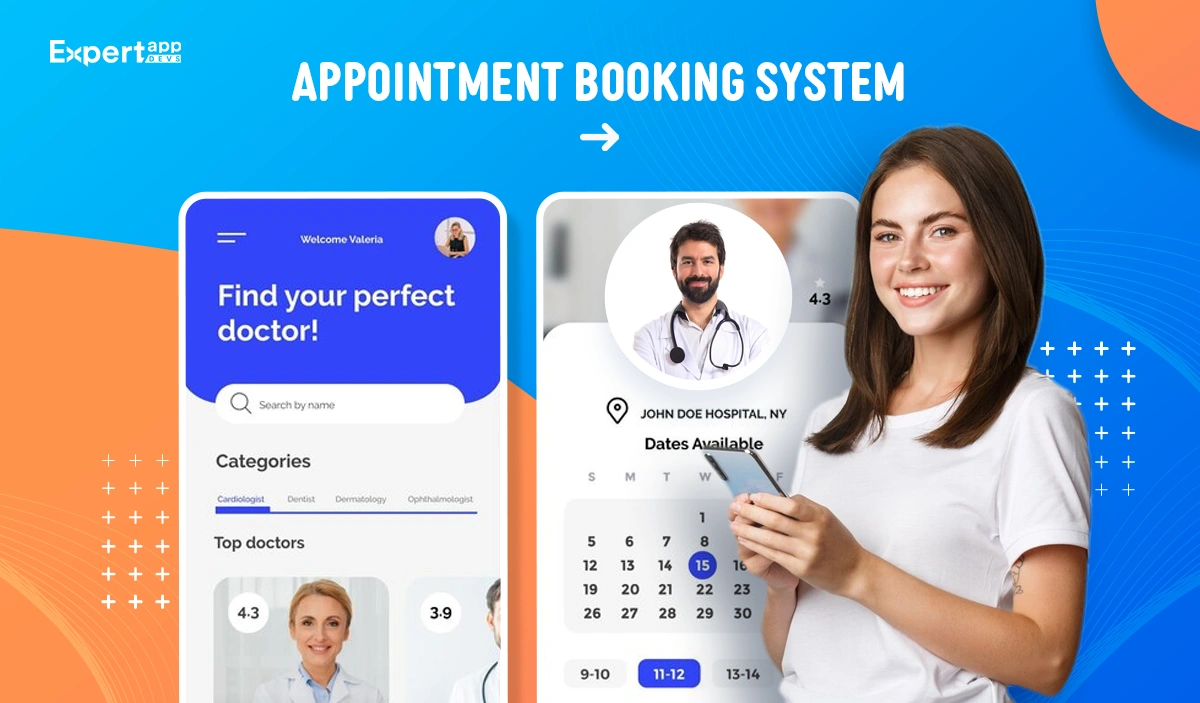
Appointment booking apps are transforming how your users can connect with caregivers online and offline. Using these apps, the patient can easily schedule their appointment for the time and day of the week when they are available. Moreover, these apps can reduce the long wait hours and phone consultation hassles.
Zocdoc has created an app that seems to be offering a great deal of good in this segment. It also provides telehealth options and provider reviews among other things. The apps may lack in automating the appointment reminders or providing seamless patient-doctor communication.
You can even use AI or Blockchain to protect the data, reduce fraudulent practices and enhance patient care. As a startup, you should plan to build a convenient and patient-centric opportunity.
#10. Online App for Women’s Healthcare
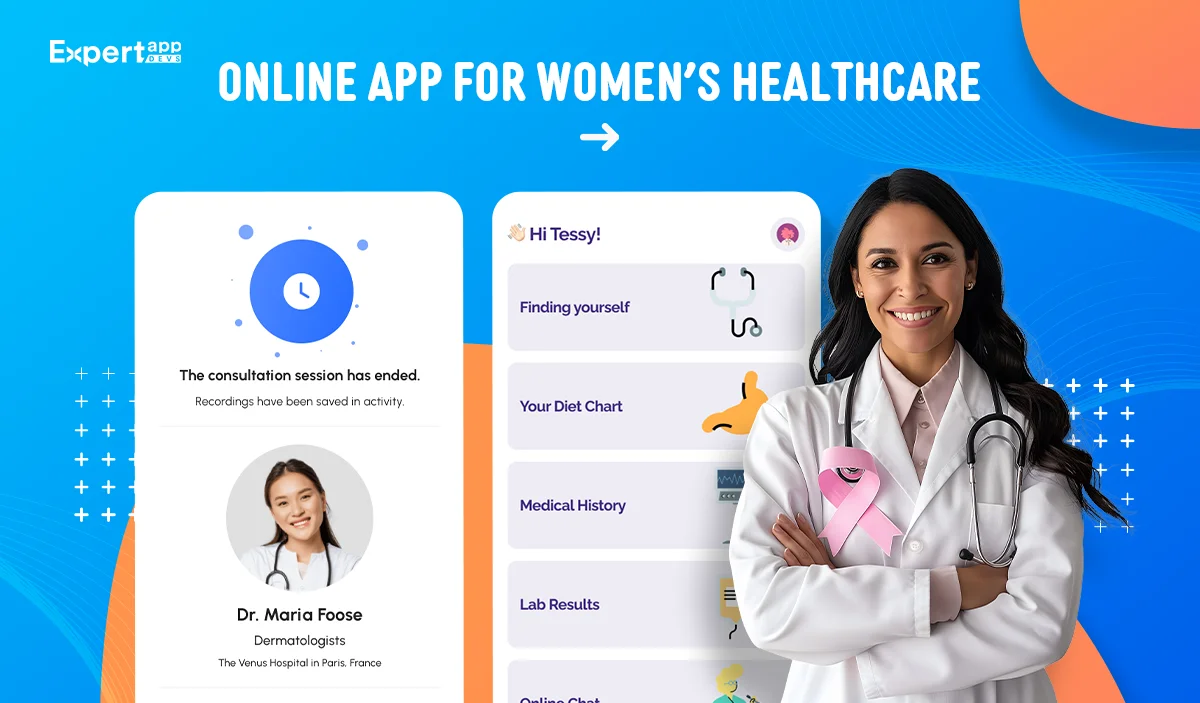
The online app for women’s healthcare is an interesting opportunity that delves deep into the potential issues faced by women. It can offer personalized services and resources to improve the menstrual and fertility cycle.
You can also gain prenatal and postnatal care with these apps. The centralized platform allows women to take control of their health and offers them ways to make informed decisions. Flo is a popular app in this segment. It focuses on tracking the menstrual cycle and improving overall health.
There are gaps related to support for the mental health of women and personalized wellness
Conclusion
The healthcare segment is revolutionizing and moving towards remote care. It is the right time to invest in an AI healthcare app ideas solution that would enhance patient experiences. You can develop one of these top 10 healthcare application development ideas for startups to refine the segment.
By integrating with wearable and integrating current technologies, you can foster innovation and build a more connected healthcare ecosystem.
By onboarding Expert App Devs as your best AI-based healthcare app development company, you get skilled resources and the best developers. Our team has the top healthcare app developers, infrastructure and brains needed to build efficient strategies. We offer dedicated resources globally from India to enhance app development. Join us on the mission to reinvent healthcare by connecting with us with your idea.
 Jignen Pandya
Jignen Pandya
